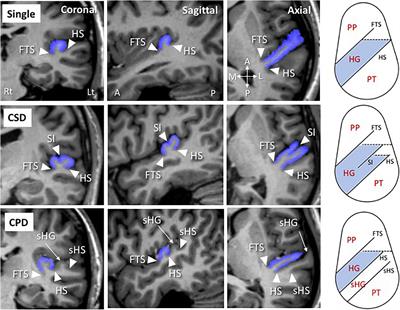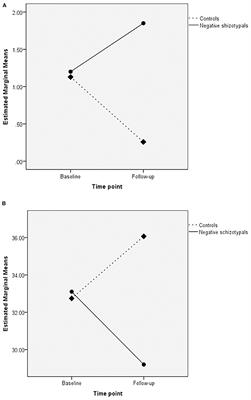EDITORIAL
Published on 16 Jul 2021
Editorial: Understanding Early Detection Markers in Schizophrenia
doi 10.3389/fnbeh.2021.724509
- 2,028 views
- 1 citation
7,780
Total downloads
30k
Total views and downloads
Select the journal/section where you want your idea to be submitted:
EDITORIAL
Published on 16 Jul 2021
ORIGINAL RESEARCH
Published on 11 Jun 2021

MINI REVIEW
Published on 10 Jun 2021

ORIGINAL RESEARCH
Published on 20 Apr 2021

ORIGINAL RESEARCH
Published on 08 Apr 2021

ORIGINAL RESEARCH
Published on 30 Mar 2021

ORIGINAL RESEARCH
Published on 25 Feb 2021

ORIGINAL RESEARCH
Published on 23 Feb 2021

ORIGINAL RESEARCH
Published on 08 Jan 2021


Frontiers in Psychiatry
Frontiers in Psychology